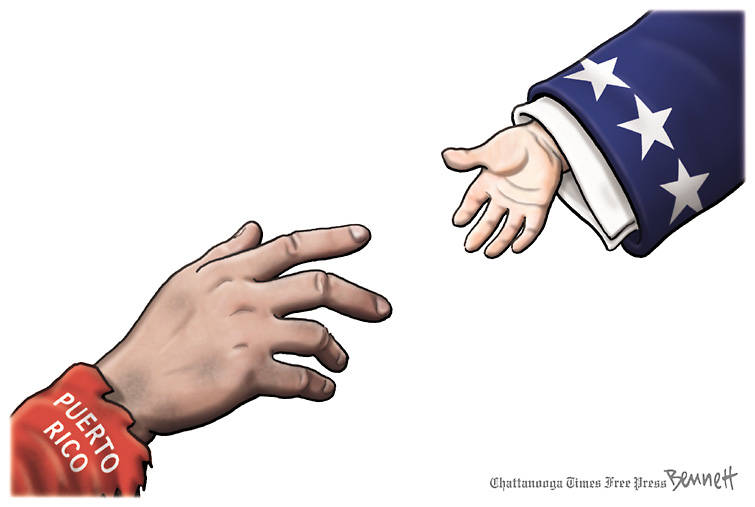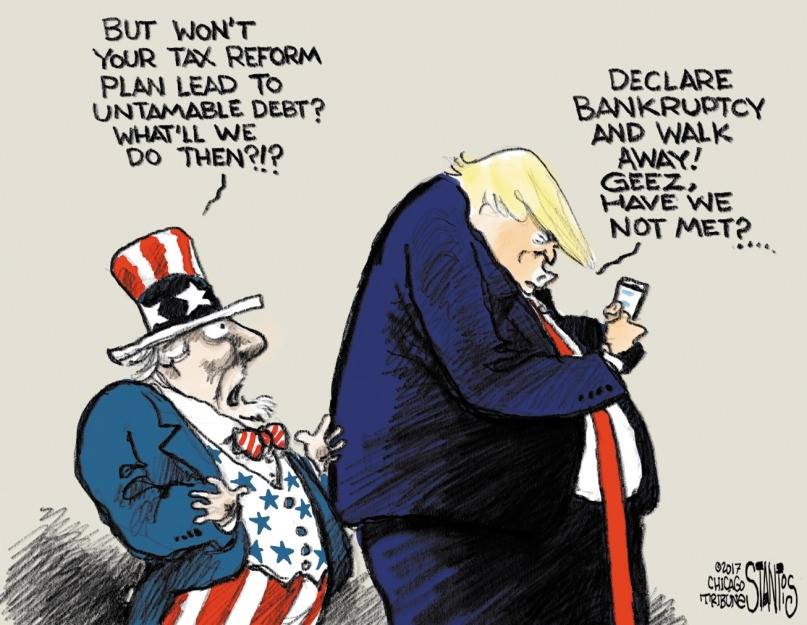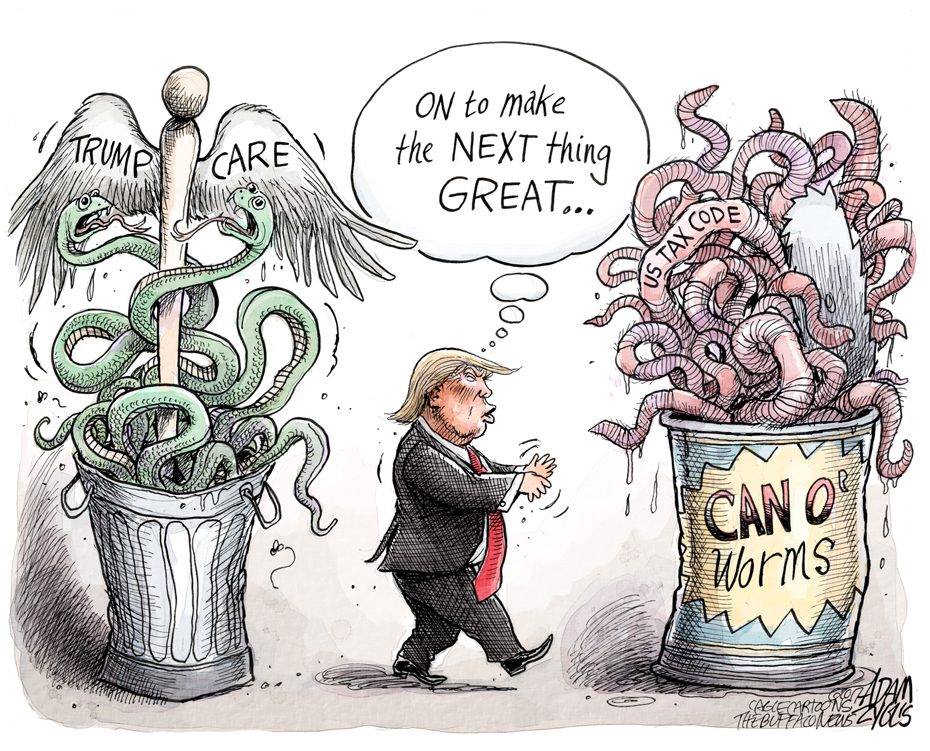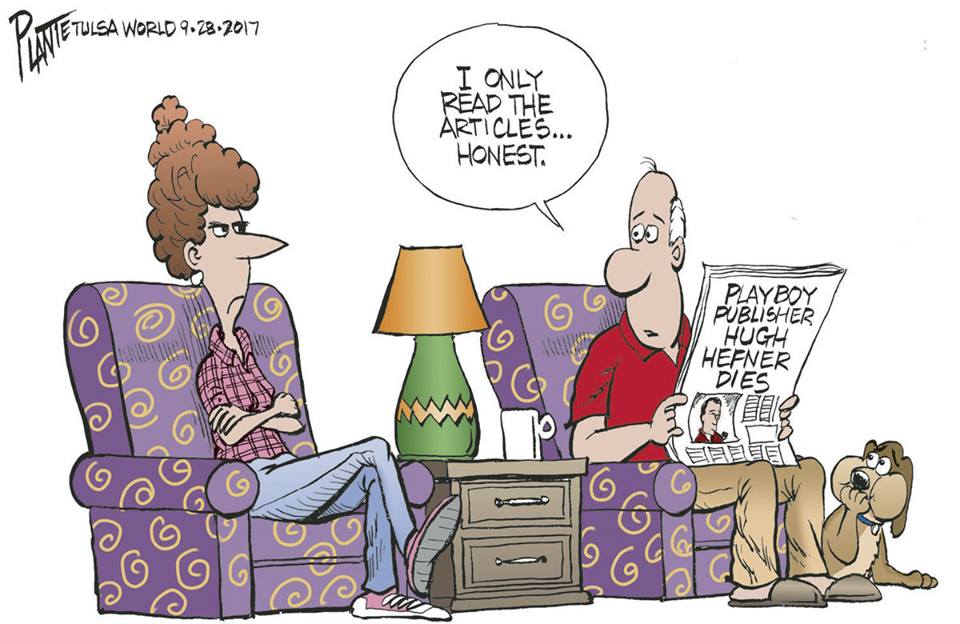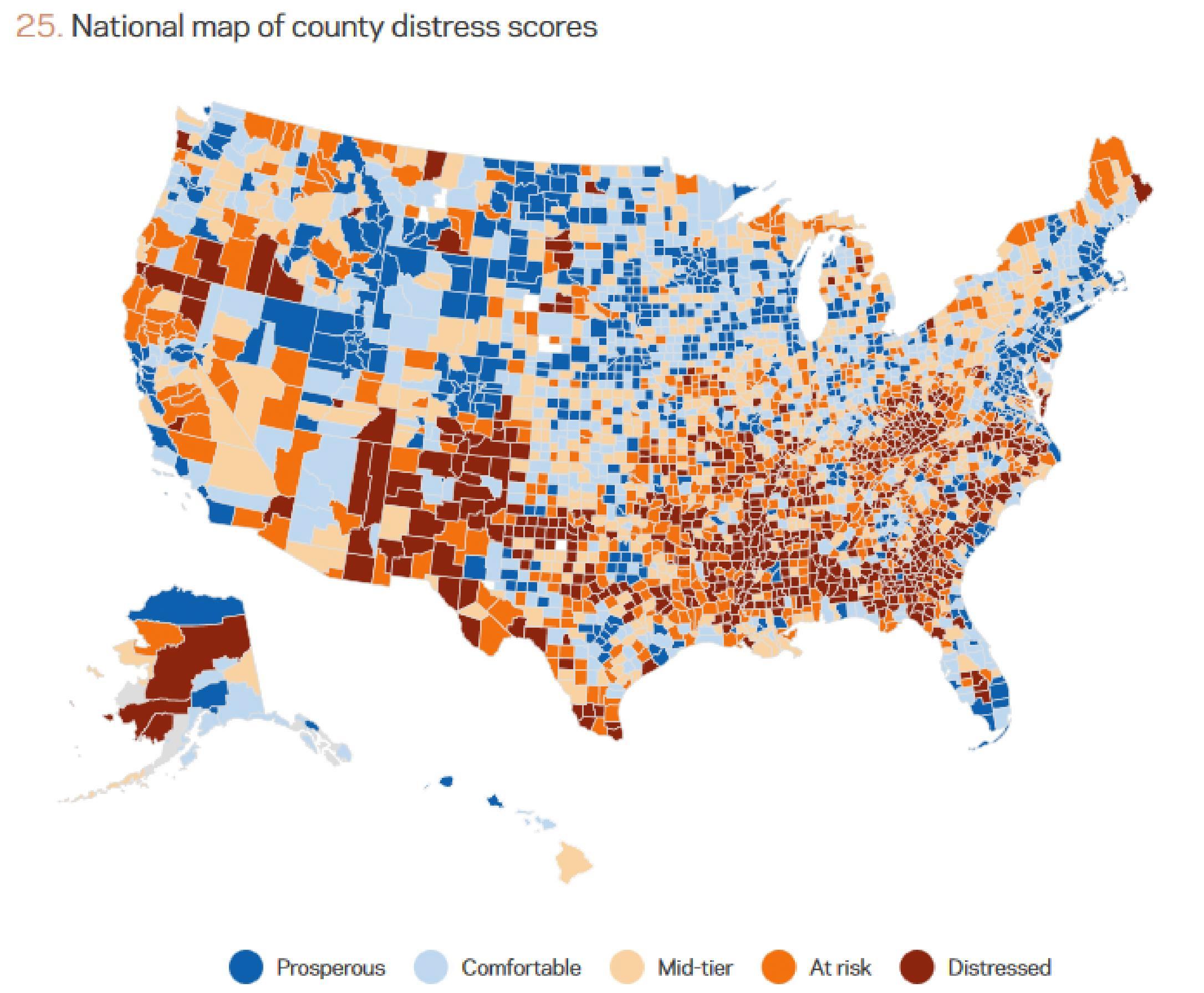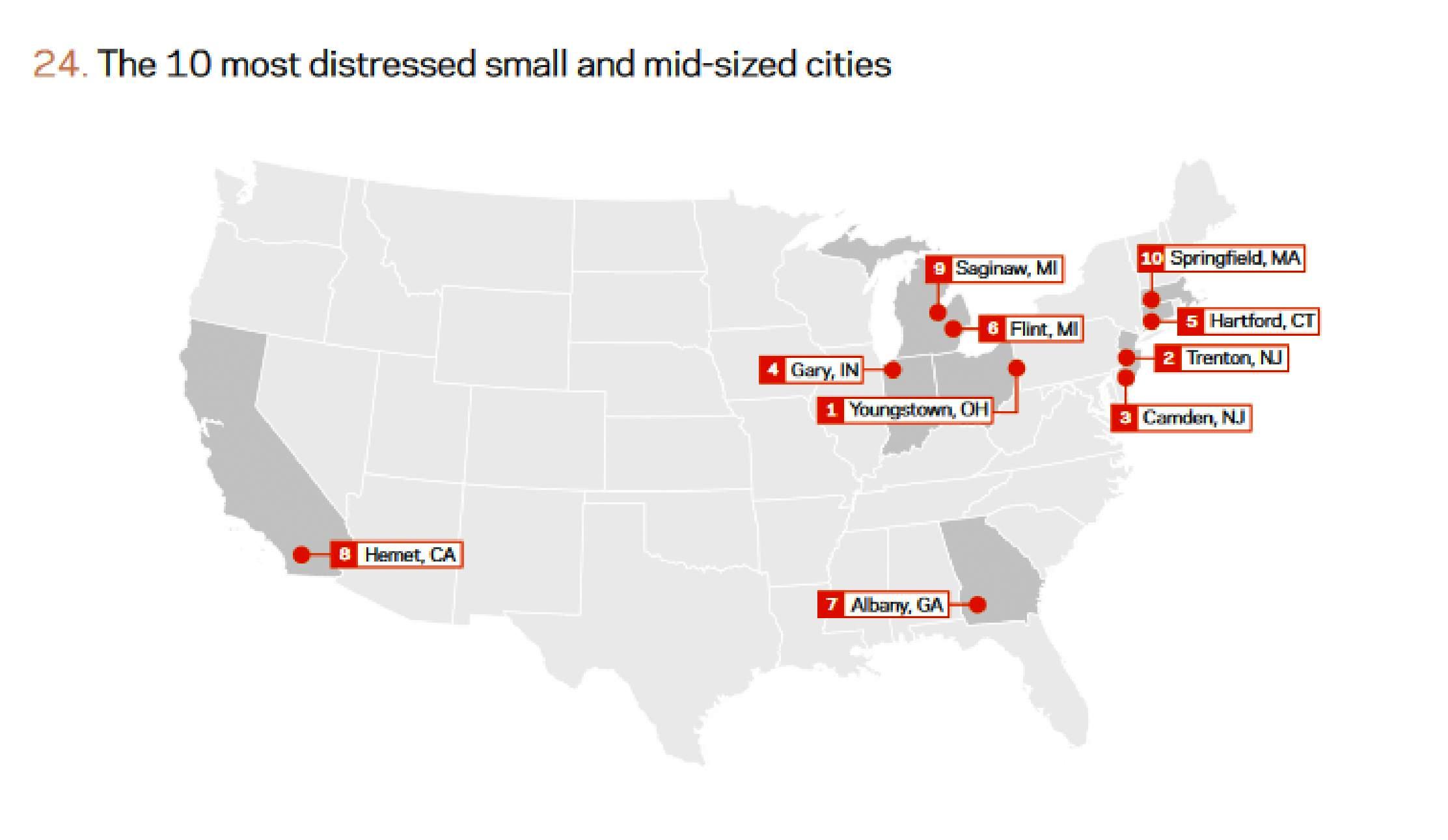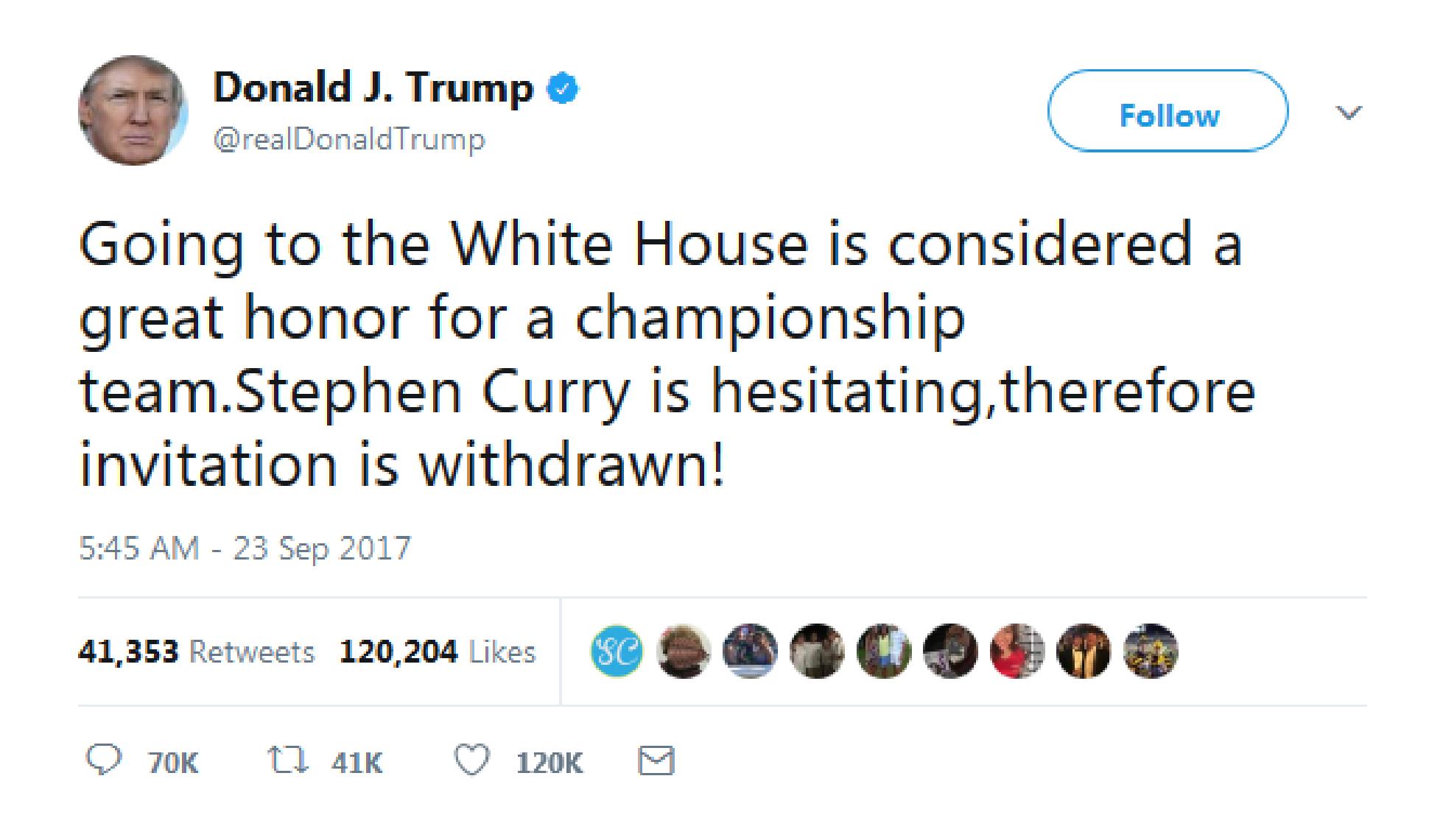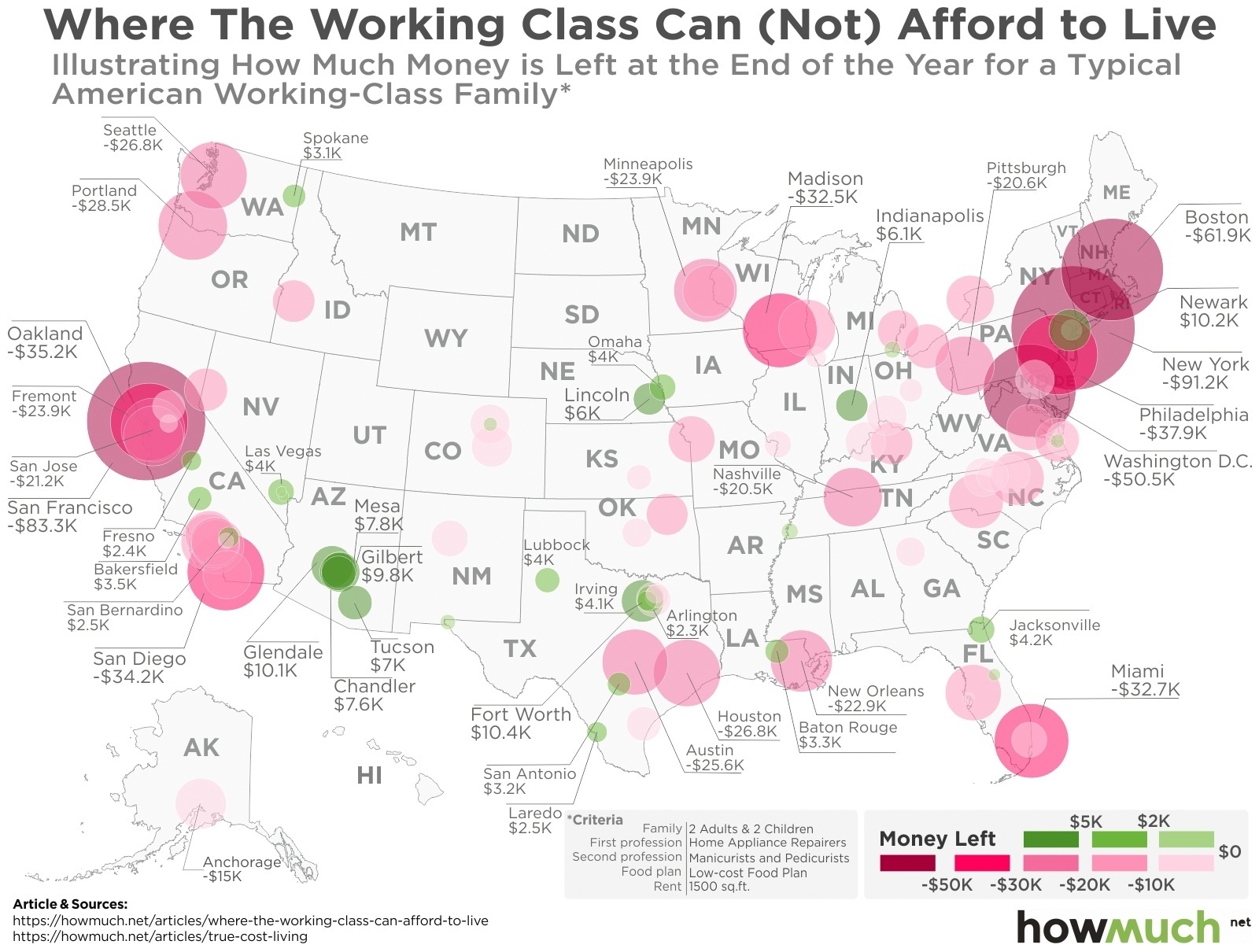Re: Las Vegas: In an America of unlimited guns and unlimited ammo, we live or die at the whims of killers. That is clearly what the Founders intended when they authored the Second Amendment. And “thoughts and prayers”, or lowering the flag to half-staff, are do-nothing pap for the masses.
The Daily Escape:
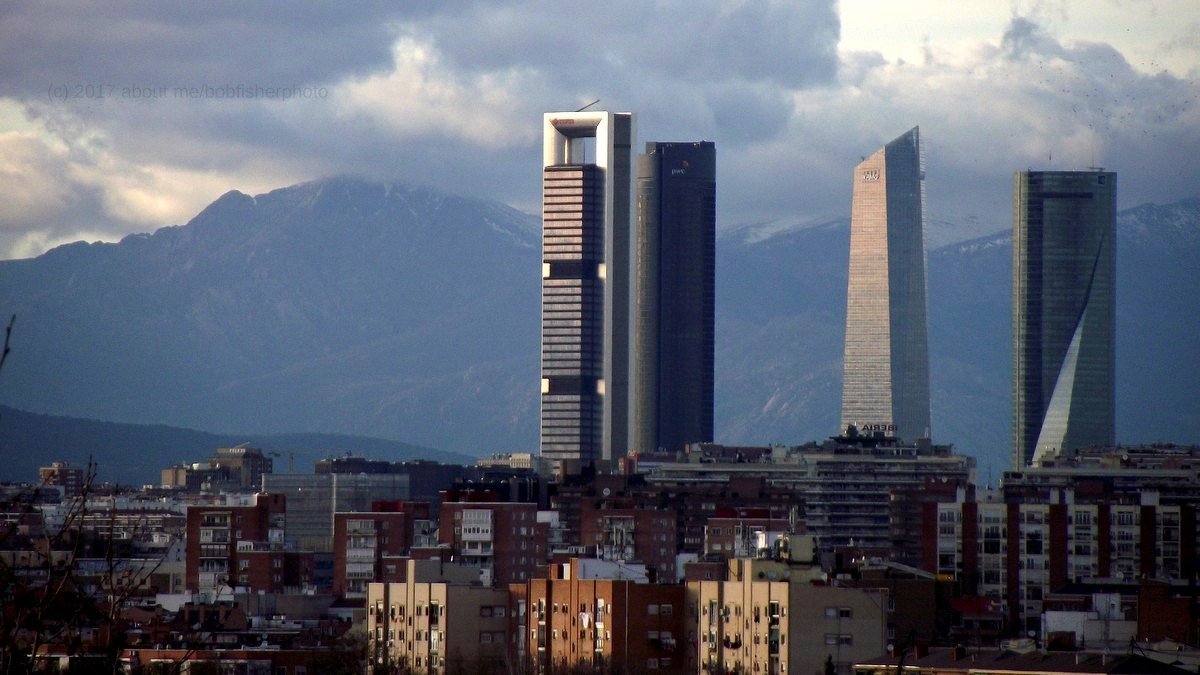
Madrid, the capital of Spain – Photo by Wilhelm Lappe. The effort by the people of Catalonia to vote for independence from Spain was the largest story of the weekend, until Las Vegas happened. Barcelona, in the northeast part of Spain is home to the Catalans.
About 92% of Catalans who voted in the weekend’s referendum backed independence, on an overall turnout of just 42%. Eight percent of voters rejected independence, and the rest of the ballots were blank, or void.
The entire process of voting for independence was marred by the effort of the Spanish national police to prevent polling places from opening, or votes from being counted. That led to violence in which at least 844 people and 33 police were reported to have been hurt.
The Spanish national government of Mariano Rajoy showed bad judgment in trying to prevent a Catalonian referendum from happening. There were good examples of how to handle this: The UK allowed the Scots to have their vote, and campaigned showing why the Scots would be better off in the UK. The Scots rejected independence. Similarly, Canada permitted Quebec to vote for independence, and campaigned on the benefits of remaining with Canada. The Quebecois voted against separation.
If the Spanish had allowed an open referendum and campaigned against secession, the outcome might well have been that separation was rejected. In an open referendum, those opposed to secession would have been empowered to campaign and vote against it, not participate just by casting blank ballots. From Benjamin Studebaker:
If someone was against Catalan independence, it would be odd to participate in this referendum because the Spanish state–the entity you recognize as sovereign–declared the referendum illegal. An independence referendum that has the backing of the regional authority but not the national authority can only deliver a divisive result.
But, the Spanish government chose to disrupt the referendum with police force. The separatists (call them voters!) chose to confront the police exercising their right of self-determination. That right, codified in the UN Charter, states that a people can freely choose their sovereignty and international political status without interference.
But few nations would agree that the right of self-determination creates a right for a portion of the country to secede from an existing nation state. In the US, a Supreme Court case, Texas vs. White, (1869) held that the Constitution did not permit states to unilaterally secede from the US.
And with the Catalonia vote, Spain is now divided, and what happens next is unclear. The referendum will be followed by a declaration of independence, leaving the central government with few choices but to escalate toward repression.
Spain will be a true test, as the Catalonian movement could well become a feature of this century. The Kurds are attempting it in Iraq. We see a weakening of the nation state as an organizing principle due to the weakening of national identities, and their replacement with micro-identities.
People now have some choice regarding identity, thanks to global flows of information. For example you can identify as conservative, libertarian, Muslim, Jewish, or Jedi Knight-American. The old “brands” – English, Spanish, Italian, American, are being parsed into a subsets with which people identify, organize, and vote. This “identity politics”, organizing around the new identity, is a problem. It’s a threat to unified societies.
This is qualitatively different from simply being a hyphenated American who celebrates their roots.
It’s time to wake up: the old world order isn’t holding. People will not stay inside it voluntarily. We need to look at our system of government, and the ties that bind us. To help us wake up, here is Muse with their tune, “Uprising” from their 2009 album, “The Resistance”. The song is about a proletarian revolt against the 2008 global banking crisis:
Key Lyric:
They will not force us
They will stop degrading us
They will not control us
We will be victorious
Those who read the Wrongologist in email can view the video here.

